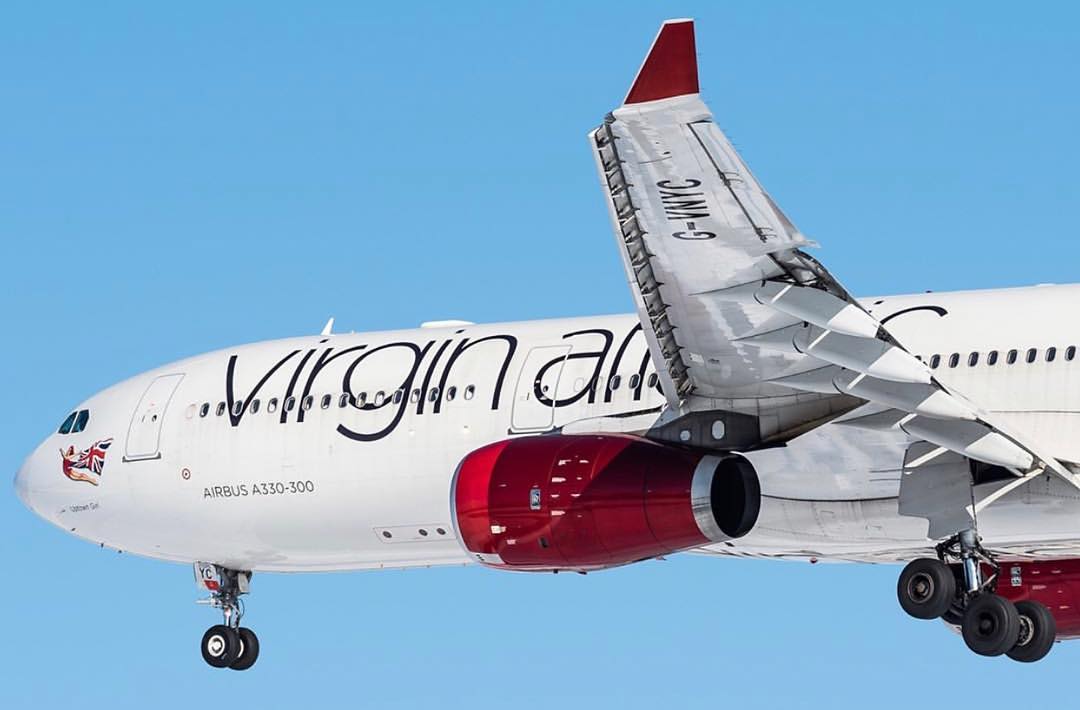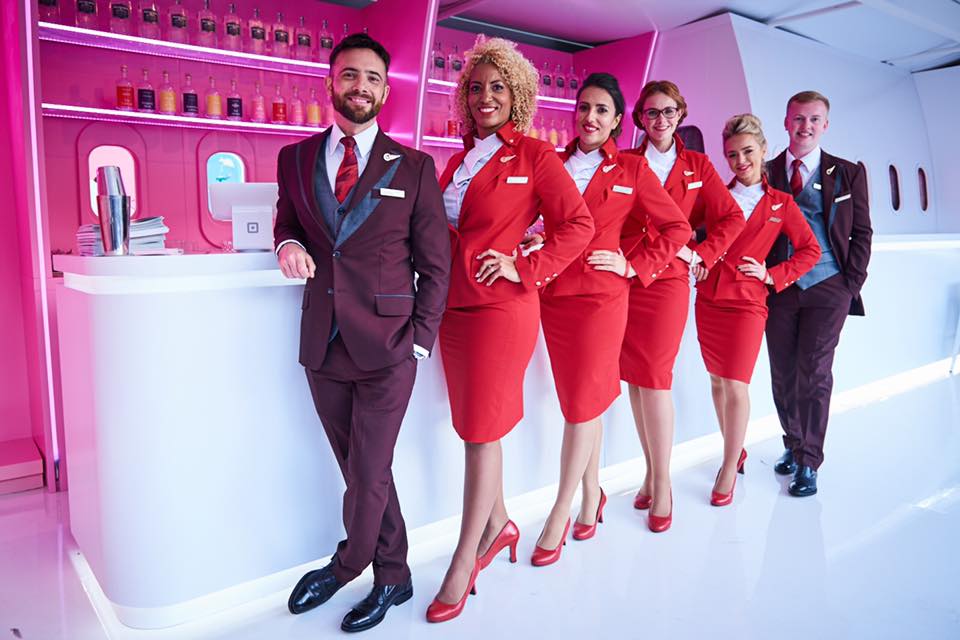
Virgin Atlantic today joined a growing number of airline and aviation businesses to announce thousands of job cuts as a direct response to the COVID-19 pandemic. The airline, which is majority-owned by Sir Richard Branson, has slashed nearly its entire flying programme indefinitely as a result of a massive slump in passenger demand and doesn’t see a recovery until at least 2023.
In a conference call with many of the airline’s employees, chief executive Shai Weiss said the loss of 3,150 jobs was necessary to “safeguard our future and emerge a sustainably profitable business”. Virgin Atlantic said a 45-day consultation period had already started, after which the redundancies will follow almost immediately.

A leaked consultation paper revealed that staff wages account for around 45 per cent of Virgin’s recurring expenses. Staff have been told the airline cannot expect a government bailout or outside investment unless it takes all “necessary self-help measures,” including reducing its workforce in line with projected needs.
“We have weathered many storms since our first flight 36 years ago, but none has been as devastating as Covid-19 and the associated loss of life and livelihood for so many,” Weiss said on Tuesday afternoon.
“To safeguard our future and emerge a sustainably profitable business, now is the time for further action to reduce our costs, preserve cash and to protect as many jobs as possible,” he continued.
“It is crucial that we return to profitability in 2021. This will mean taking steps to reshape and resize Virgin Atlantic in line with demand, while always keeping our people and customers at the heart of all we do.”
Virgin Atlantic is currently in talks with the British government to secure a taxpayer funded bailout but Sir Richard is also actively talking with investors to inject additional liquidity into the business. Minority owner, Delta Air Lines has already said it cannot invest any more into Virgin and chief executive, Ed Bastian suggested Virgin might even fall into administration.
Along with the thousands of compulsory redunancies, Virgin will quit Gatwick Airport and move all flight operations in London to its base at Heathrow Airport. Weiss suggested that Virgin would do its best to retain existing slots at Gatwick so that the airline could move back once demand recovers – which the airline doesn’t estimate will happen until 2023.
The end of the jumbo jet and mass job cuts
The airline will also be renamed as Virgin Atlantic Holiday – combining two separate businesses to consolidate the brands. While Virgin Holidays has been profitable in recent years, the same cannot be said for Virgin Atlantic.
All seven of Virgin’s Boeing 747’s will also be permanently retired and won’t return post-crisis, while four Airbus A330’s will leave the airline in early 2022. By that time, Virgin Atlantic will be operating a fleet of just 36 aircraft.
Amongst the 3,150 redundancies will be over 200 pilots and 1,540 cabin crew. Some of those crew will receive less than £400 in severance if they are selected for redundancy. Many of Virgin’s employees are currently furloughed and receiving 80 per cent of their normal wages through a special government-funded job retention scheme.
The Unite union, which represents cabin crew at the airline, slammed the decision and urged Virgin “not to act in haste” while the furlough payments are still being made by the government.
“There have been 18,000 job losses announced in the UK aviation sector in the last week alone and this makes the case even more strongly that the aviation industry-specific package Unite has consistently called for, and the government has promised, must now be delivered,” said the union’s general secretary Diana Holland.
“Other governments have delivered support to their aviation industry and it’s now time for the UK to make good on their promise and do the same,” Holland continued.
Related
Mateusz Maszczynski honed his skills as an international flight attendant at the most prominent airline in the Middle East and has been flying ever since... most recently for a well known European airline. Matt is passionate about the aviation industry and has become an expert in passenger experience and human-centric stories. Always keeping an ear close to the ground, Matt's industry insights, analysis and news coverage is frequently relied upon by some of the biggest names in journalism.







